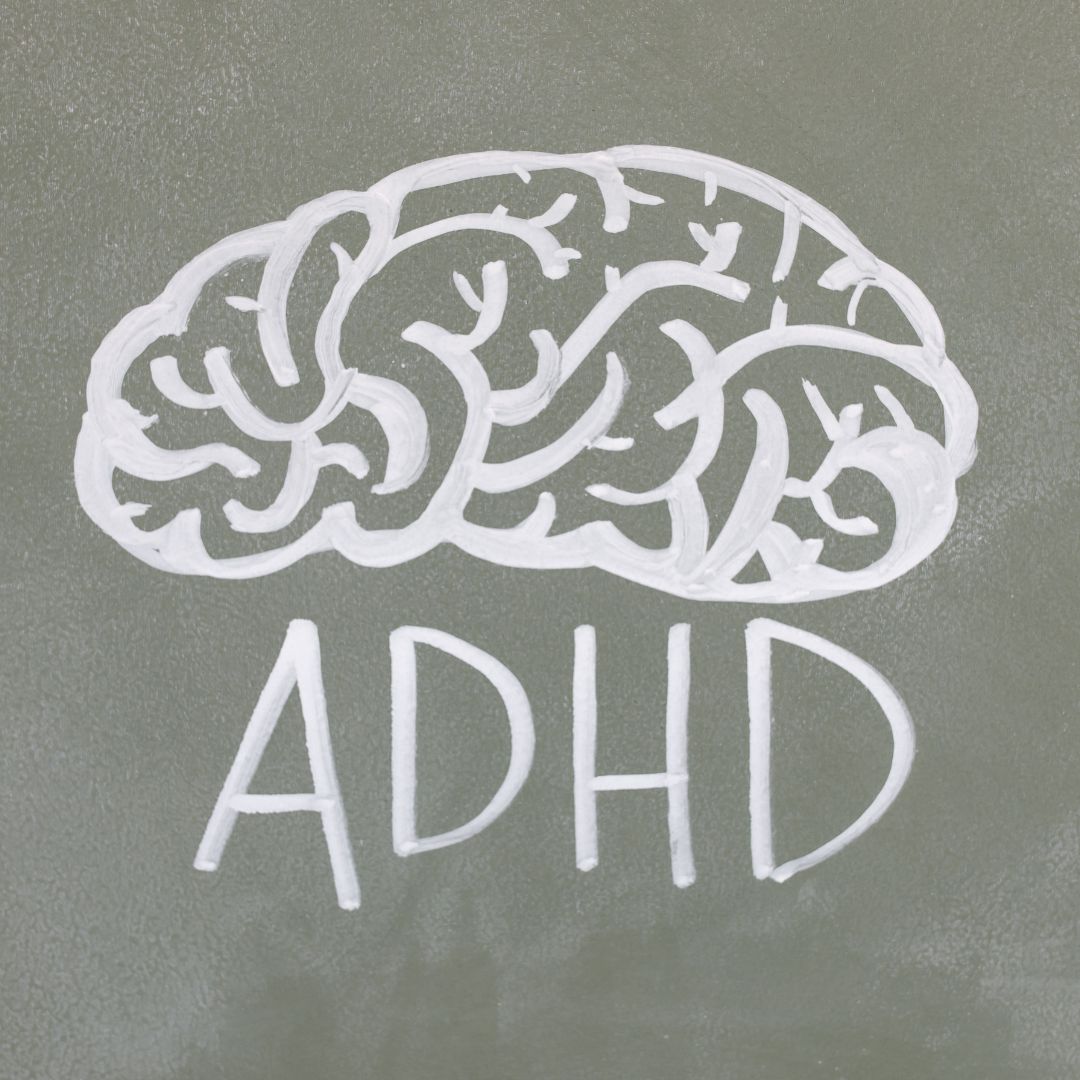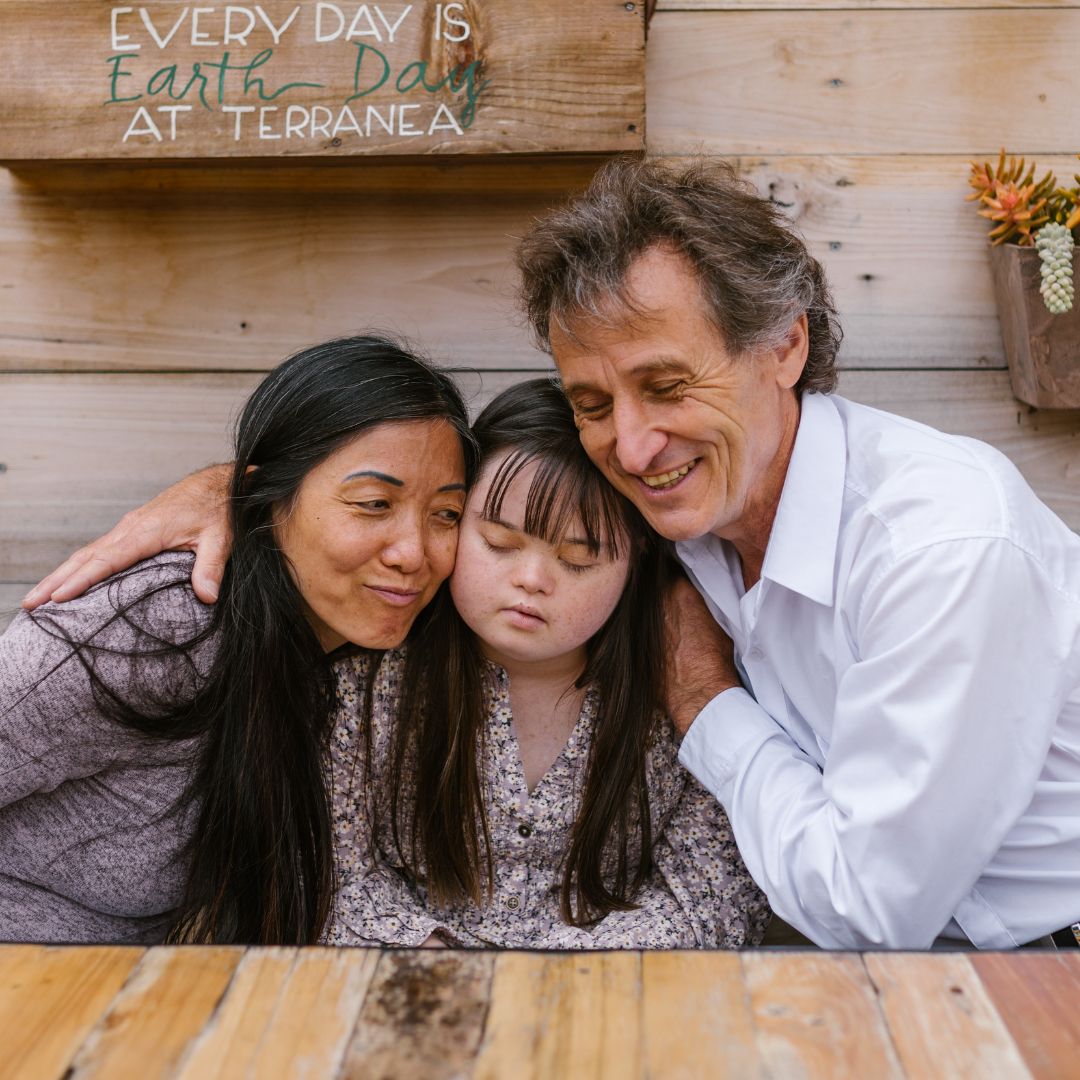Induja holds a Master’s degree in Clinical Psychology and brings a strong academic foundation to her work as a mental health content writer. With deep expertise in psychological concepts and evidence-based practices, she creates thoughtful, accurate, and empathetic content aimed at promoting mental well-being
01 Aug 25 10:30 am
ADHD in Children - Early Signs and Intervention Strategies That Can Change Lives
ADHD isn’t simply about being distracted or hyperactive—it’s a neurodevelopmental condition that impacts how a child regulates attention, emotions, and impulses. Early recognition can dramatically shape a child’s future, influencing not only their academic performance but also their emotional well-being and social success. This guide will help you understand ADHD’s key traits, the importance of early intervention, and actionable steps families and caregivers can take to support children on their journey.

On this page
Jump to sections
“It’s not that the child doesn’t want to focus. It’s because their brain works differently. And in that difference lies both the challenge—and the gift.”
— Dr. Ned Hallowell, ADHD expert and author.
Introduction
Imagine a classroom where a child taps their pencil endlessly, unable to follow along, not because they don't care—but because their mind is racing ahead or drifting elsewhere. Or picture a parent, drained and worried, wondering why their child can't sit still, finish homework, or listen without interrupting. You're not alone.
Everyone can find a way to help in such a scenario, like this systematic review evaluates non-pharmacological approaches—parent training, classroom behaviour management, and stimulant medication—in preschool-age children. Parent training and classroom strategies showed moderate effectiveness in reducing ADHD symptoms, although research on children under age 7 remains relatively limited.
ADHD—Attention-Deficit/Hyperactivity Disorder—is one of the most commonly diagnosed neurodevelopmental disorders in children. Fortunately, ADHD treatment online in India has made access to early care more feasible. This article explores the early signs of ADHD, actionable interventions, and the emotional layers hidden beneath the behaviour.
Understanding the Bigger Picture - What ADHD Really Means for Children and Families
ADHD isn’t just about being "hyper" or "distracted." It’s a complex interplay of attention regulation, impulse control, and emotional management. Recognising ADHD early can significantly change a child’s trajectory—not just academically, but socially and emotionally as well.
a. What Exactly is ADHD in Children?
- ADHD affects the brain’s executive functions—skills that include working memory, flexible thinking, and self-control.
- It comes in three types:
- Inattentive Type (trouble focusing, easily distracted)
- Hyperactive-Impulsive Type (fidgeting, impulsive behaviour)
- Combined Type (features of both above)
b. Why Early Diagnosis Matters
- Children with untreated ADHD are at greater risk for academic failure, social rejection, low self-esteem, and even substance use later in life.
- Early identification helps channel support—through therapy, behavioural strategies, and sometimes medication—before emotional damage sets in.
- The NICHD study found that behavioural inhibition and inattention observed at around 54 months of age were strong predictors of ADHD symptoms by first and third grade. These findings highlight the importance of early markers—such as impulsivity and inattentiveness—as crucial indicators for assessing intervention risk. So, counselling for ADHD in children and adults is the right means of guidance and can significantly help.
c. It’s More Than Just “Bad Behaviour”
- Many children with ADHD are misunderstood. Instead of empathy, they often face punishment, which can worsen their symptoms.
- ADHD can co-occur with anxiety, learning disabilities, and sensory sensitivities, making an accurate diagnosis crucial.
- A study shows that ADHD is fundamentally a disorder of self-regulation and executive function. Barkley proposes that children with ADHD struggle not because they lack understanding, but because their ability to implement skills under situational stress is impaired.
Actionable Tips — Early Intervention Strategies That Actually Work
Intervening early doesn’t always mean medication. It begins with awareness, followed by consistent, compassionate actions from parents, educators, and caregivers.
a. Recognise the Red Flags Early
Look for signs like:
- Difficulty sustaining attention (even during play)
- Frequent daydreaming or “zoning out”
- Inability to wait their turn or interrupting conversations
- Constant motion—even in settings that demand stillness
- Emotional outbursts disproportionate to the situation
If several of these persist for more than 6 months, it’s time to seek support for ADHD from a qualified professional, that is, seeking help from a well-qualified child psychologist. Early evaluation can lead to earlier relief and structured support.
b. Work With Teachers and Caregivers
Educators are often the first to notice ADHD-related behaviours. Collaborate with them:
- Request structured feedback using behaviour charts.
- Ask for adjustments like front-row seating or movement breaks.
- Develop an Individualised Education Plan (IEP) or 504 Plan if in the U.S., or consult a child psychologist in India.
c. Therapies That Help
- Behavioural Therapy: Helps children build routines, manage impulses, and develop coping mechanisms.
- Parent Training Programs: Equip parents to respond positively rather than punitively.
- Mindfulness-Based Approaches: Enhance self-awareness and emotional regulation, especially in older children.
- Cognitive Behavioural Therapy (CBT): Particularly effective for older children and teens with co-occurring anxiety.
d. Lifestyle Adjustments That Support Focus
- Structured Routine: Same wake-up, meal, and bedtime each day.
- Screen Time Limits: Overexposure to fast-paced media worsens attention issues.
- Omega-3 Rich Diets: Some studies suggest they may help in cognitive regulation.
- Daily Physical Activity: At least 30 minutes of play or sports to burn excess energy and improve brain function.

What ADHD Teaches Us About Identity and Compassion
Beyond the checklists and coping strategies lies a profound emotional journey - for both the child and those who love them.
a. The Child’s Inner World
Children with ADHD often wrestle with feeling “not enough.” They hear “why can’t you just sit still?” or “pay attention!” so often that it becomes a part of their identity. But their brains are wired for creativity, energy, and intuition.
- They may thrive in environments that allow freedom of movement and project-based learning.
- Many grow into artists, entrepreneurs, and changemakers once supported.
- ADHD treatment online in India is ideal for families looking for expert support without geographical limitations.
b. The Parents’ Transformation
Parents often go from frustration to guilt to empowerment. It’s important to know:
- You didn’t cause this.
- You’re not alone.
- You can help your child thrive.
Parenting a neurodivergent child becomes a path of patience, learning, and unlearning. It invites you to become not just a caregiver, but a compassionate translator of your child’s unique language. Connect with the Best Mental Health Professionals to create a comprehensive support plan.
A study showed how early family-based interventions can create lasting improvements in children with a need for counselling for ADHD in children and adults. In this trial, 4–6-year-olds underwent the Incredible Years parent and child program. At the one-year follow-up, 70–75% of children scored below clinical thresholds for externalising behaviours, and over 50% showed reduced signs of hyperactivity and inattention. This demonstrates the sustained benefits of early, structured, family-focused therapy in managing ADHD.
Conclusion
The question is not, “What’s wrong with this child?” but “What does this child need to flourish?”
ADHD, when spotted early and managed with the right interventions, need not be a life sentence of struggle. Instead, it can be a powerful invitation—for children to rise beyond labels, for parents to grow alongside their children, and for societies to finally embrace minds of all kinds.
If you're navigating this path, know that you're not alone. There are communities, therapists, and tools out there that can help—not just your child, but your whole family thrives.
Let us no longer silence the movement in a child.
FAQs:
1. What are the first signs of ADHD in young children?
Look for signs like constant fidgeting, difficulty focusing on tasks or games, frequent daydreaming, and impulsive behaviour like interrupting others.
2. Is ADHD caused by bad parenting or too much screen time?
No. While lifestyle factors can worsen symptoms, ADHD is a neurodevelopmental condition with genetic, neurological, and environmental influences.
3. Can ADHD be cured?
ADHD is a lifelong condition, but with the right strategies—therapy, education, lifestyle changes—it can be effectively managed.
4. When should I consult a doctor?
If symptoms persist for more than six months and affect your child’s school, home, or social life, consult a child psychologist or psychiatrist.
5. What kind of professionals should I consult for ADHD?
Always start with paediatricians or child psychologists. A diagnosis may involve input from teachers, therapists, and sometimes neurologists.
Sources
https://www.ncbi.nlm.nih.gov/books/NBK69230/?utm_source
One-Year Follow-Up of Combined Parent and Child Intervention for Young Children with ADHD - PMC
On this page
Jump to sections
Related Reads. Similar Blogs to Check Out.


